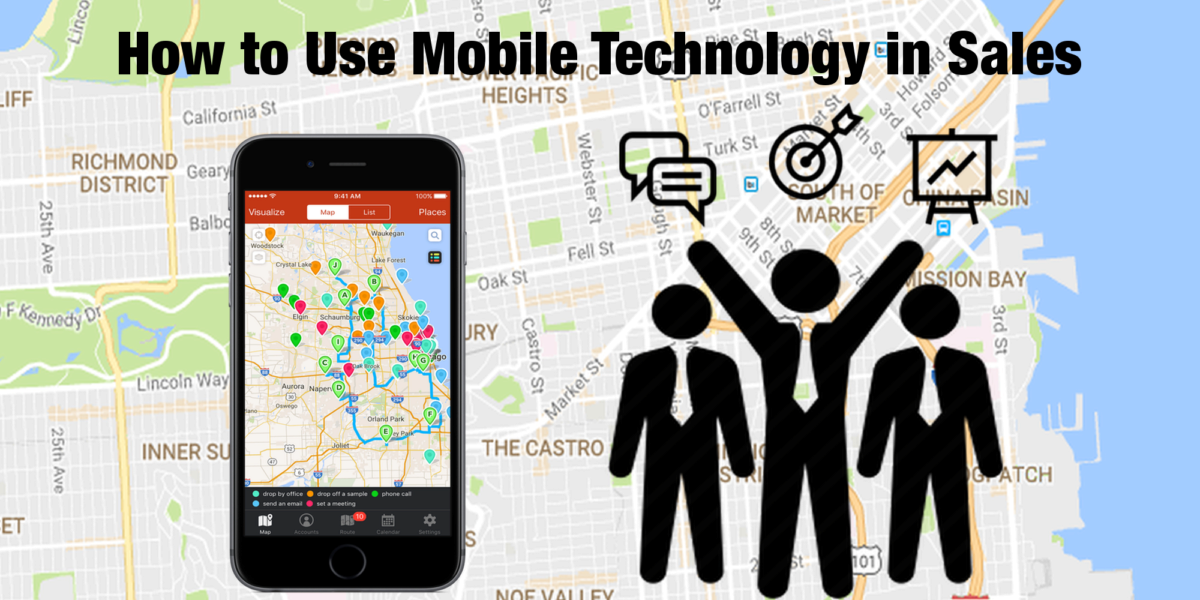In today’s fast-paced, on-demand environment, mobile technology has become indispensable for businesses looking to enhance sales and service efficiency. The ability to access information, communicate with customers, and complete tasks from anywhere has revolutionized how businesses operate. Leveraging mobile devices and applications empowers sales and service teams to be more responsive, productive, and customer-centric. This shift towards mobile-first strategies is no longer a trend, but a necessity for staying competitive. For sales teams, mobile technology provides access to crucial information at their fingertips. CRM applications, product catalogs, and real-time inventory data can be accessed on smartphones and tablets, enabling sales representatives to provide accurate and up-to-date information to customers. Mobile devices also facilitate seamless communication, allowing sales reps to respond quickly to customer inquiries, schedule appointments, and close deals on the go. Mobile sales tools can also track sales performance, generate reports, and provide valuable insights into customer behavior, empowering sales teams to make data-driven decisions. Service teams also benefit significantly from mobile technology. Mobile applications can streamline service requests, dispatch technicians, and provide real-time updates to customers. Technicians can access service manuals, troubleshooting guides, and customer history on their mobile devices, enabling them to diagnose and resolve issues more efficiently. Mobile service tools can also capture data on service calls, track equipment performance, and generate service reports, providing valuable insights for improving service delivery. This increased efficiency translates to faster response times, reduced downtime, and improved customer satisfaction. Mobile technology enhances customer communication and engagement. Mobile applications and messaging platforms allow businesses to communicate with customers in real-time, providing personalized support and addressing their concerns promptly. Customers can also use mobile apps to track orders, schedule appointments, and provide feedback. This two-way communication fosters stronger customer relationships and enhances customer loyalty. Furthermore, mobile platforms enable businesses to deliver targeted marketing campaigns and promotional offers directly to customers’ mobile devices, increasing engagement and driving sales. Beyond sales and service, mobile technology can also improve internal communication and collaboration. Mobile messaging apps and project management tools facilitate seamless communication between team members, regardless of their location. Real-time updates, file sharing, and video conferencing enhance collaboration and streamline workflows. Mobile devices also enable employees to access company resources, such as training materials and policy documents, from anywhere, at any time. By leveraging mobile technology for both internal and external communication, businesses can improve efficiency, enhance collaboration, and create a more agile and responsive organization.
Leveraging Mobile Technology for Sales and Service
Leveraging mobile technology empowers sales and service teams with real-time access to information, enhances communication, and streamlines workflows, ultimately improving customer satisfaction and driving efficiency.

